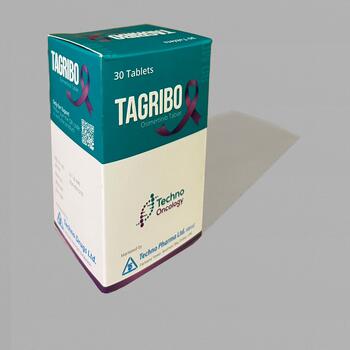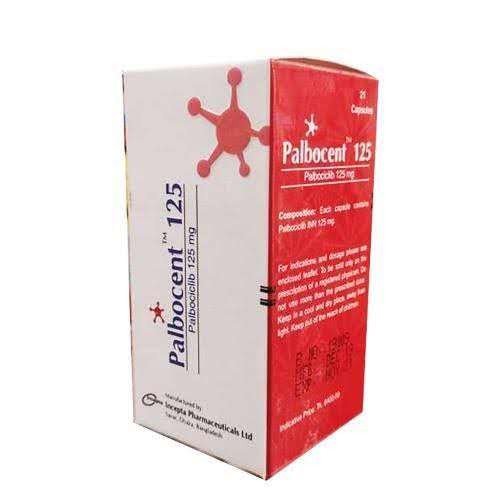克唑替尼,(Crizotinib)250mg

1. Composition:
The chemical name of Crizotinib is (R)-3-[1-(2,6-Dichloro-3-fluorophenyl)ethoxy]-5-(1-piperidinyl)pyridin-2-amine, with the molecular formula C21H22Cl2FN5O and a molecular weight of 450.34.
2. Pharmacological Effects:
Crizotinib is a selective small molecule tyrosine kinase inhibitor that specifically targets anaplastic lymphoma kinase (ALK) and ROS1 gene rearrangements in non-small cell lung cancer (NSCLC). It prevents the proliferation and growth of cancer cells by inhibiting the abnormal signaling caused by these gene mutations. Crizotinib is particularly effective for lung cancer patients with ALK rearrangements or ROS1 rearrangements.
3. Usage:
Crizotinib is usually taken orally in capsule form, with a recommended dosage of 250 mg twice daily. The dosage can be adjusted based on the patient's specific tolerance and condition. Medication should be taken as prescribed by a doctor, and regular check-ups are required during treatment to monitor drug efficacy and side effects.
4. Research and Development History:
Crizotinib was developed by Pfizer and received approval from the U.S. FDA in 2011, becoming the first targeted therapy specifically for ALK-positive non-small cell lung cancer. Mutations in the ALK gene are relatively rare in NSCLC, but the success of this targeted therapy has opened new avenues for precision treatment of lung cancer. In 2016, Crizotinib was also approved by the FDA for the treatment of ROS1 rearrangement-positive non-small cell lung cancer patients.
5. Mechanism of Action:
Crizotinib blocks cancer cell proliferation signals by selectively inhibiting the activity of ALK and ROS1 tyrosine kinases. Mutations and rearrangements of these genes often lead to uncontrolled cell growth. By blocking these abnormal signals, Crizotinib effectively curbs the spread and growth of cancer cells.
6. Summary:
Crizotinib is an efficient targeted drug for non-small cell lung cancer with ALK and ROS1 rearrangements, controlling the progression of cancer by inhibiting abnormal cell signaling. Its use provides new treatment options for lung cancer patients with specific gene mutations, significantly improving patient survival rates and quality of life.







